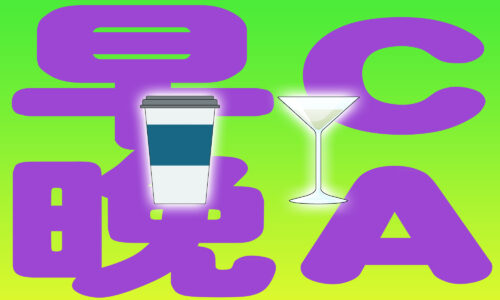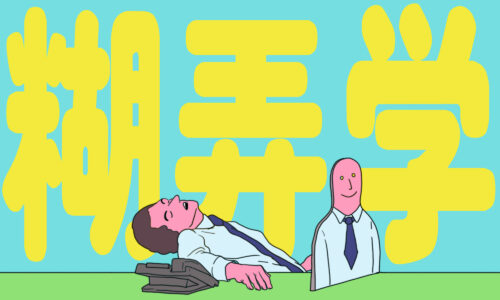‘Peachy pandemic escape’ — Phrase of the Week
A canned sweet snack from northern China has become the latest pandemic hit with Chinese consumers looking for an escape.

Our phrase of the week is: Peachy pandemic escape (桃过一劫 táoguò yī jié).
Context
The end of China’s COVID-zero policy has led to a wave of infections across the country.
China’s consumers have been buying supplies to prepare for the worst, leading to many products selling out. The Chinese medicine Liánhuā Qīngwēn (连花清瘟), COVID test kits, and thermometers are among the products that people have been stockpiling, with many selling out on ecommerce sites such as Taobao.
In addition to medical supplies, Chinese consumers are also buying canned yellow peaches (黄桃罐头 huángtáo guàntou).
Produced in northern China, “canned” yellow peaches are actually sold in glass jars. They are known to be packed full of vitamin C. Anyone who has grown up in northern China knows of the old adage:
Canned yellow peaches will bless every child in northeastern China — it’s not a medicine, but a god for children in that region.
黄桃罐头会保佑每一个东北的孩子,黄桃罐头不是药,是东北孩子的神。
Huángtáo guàntou huì bǎoyòu měiyígè dōngběi de háizi, huáng táo guàntóu búshì yào, shì dōngběi háizi de shén.
The delicious sweet snack brings back childhood memories for people in northeastern China. Some even joke that canned yellow peaches should be included in the medicines covered by the national health insurance (纳入医保 nàrù yībǎo).
But at the very least, it’s comfort food, as well as an escape from the new normal and stress of living with COVID.
Internet users have even invented new idioms based on wordplay and puns on the word for peach:
Surprisingly, in this wave of panic-buying, canned yellow peaches became a trending term on Weibo due to play on the word “tao” or “peach,” including “peachy pandemic escape,” hitting even bigger sales than medicines for colds.
令人意外的是,在这波疯抢潮中,黄桃罐头因“桃过一劫”,“桃过疫情”等谐音梗冲上热搜,成为“比感冒药还难抢”的爆款。
Lìng rén yìwài de shì, zài zhè bō fēngqiǎngcháo zhōng, huángtáo guàntou yīn “táoguò yī jié,” “táoguò yìqíng” děng xiéyīngěng chōngshàng rèsōu, chéngwéi “bǐ gǎnmàoyào hái nán qiǎng” de bào kuǎn.
Translation
Peachy pandemic escape is a variation on the idiom a narrow escape (逃过一劫 táoguò yī jié), which can also be translated as “saved by the bell” or “a lucky escape.”
Unlike most Chinese idioms, this four-character phrase has no backstory. Its meaning can be understood through knowing the four characters: escape (逃过 táoguò), one (一 yī), and disaster (劫 jié).
In this new iteration of the idiom, the character for peach (桃 táo) has replaced the word for escape (逃 táo), as they are both pronounced the same.
The translation of this new idiom might be “a peachy pandemic escape,” or “in the pandemic saved by the peach.”
This and other similar peach-based puns like 桃过疫情 táoguò yìqíng have become clever marketing taglines on shop signs in supermarkets, and viral memes online, as consumers look to find comfort during the uncertainty of the pandemic.






